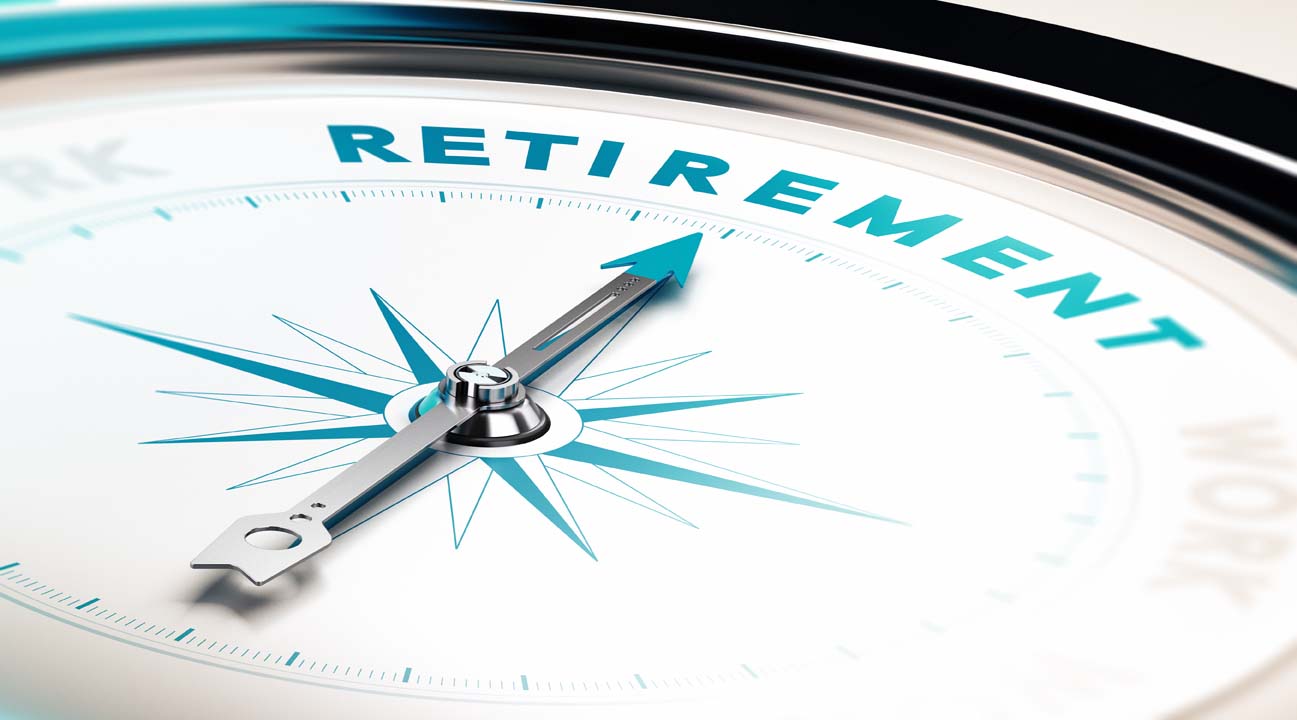Have I saved enough to retire? How much income will I have in retirement? How long will my savings last? These are some of the common questions asked by people soon to retire, and recently retired.
Most retirees will receive income from at least two sources, the age pension and investments. The age pension has an assets test and an income test. Whichever qualifies the pensioner for the least amount applies. The income test is more lenient, the assets test limits entitlements in most cases.
Pensioners are allowed to have up to a certain level of assessable assets and receive full pensions, which then phase out as assets rise, up to a higher pension cut-off level. The bottom thresholds and top limits vary between singles and couples, homeowners and non-homeowners.
The rate of income drawing from investments and super can be chosen by the retiree. Financial advisers usually suggest drawing around five per cent per annum. If earnings of that or more can be achieved, the account values will not decline.
Suppose a single 67-year-old homeowner retiree has $400,000 of super and savings and $30,000 of other assets. Their age pension will be $796.50 per fortnight, or $20,709 annually. At five per cent their investment income will be $20,000. So their total income will be $40,709, or $3,392 monthly.
If a couple aged 67 plus has $700,000 of investments and $50,000 of other assets their age pensions will be $421.50 each or $21,918 annual total. Their investment income will be $35,000. So their total income will be $56,918 per annum or $4,743 per month.
The more savings retirees have the less age pension they receive but the more their investment income will be. Those with less savings receive more age pension. This means the total incomes of many retirees are fairly similar. Once assets exceed the pension cut-off, total incomes increase.
Retirees often fear their money may run out before they do. They hope to live a long time. If investment earnings are 6 to 8 per cent annual average and they spend at the rate of 5 per cent, savings will never run out. The value will grow slowly to help counteract rising living costs due to inflation.
Earnings will be affected by the choice of investments. A cautious approach means lower returns, a growth focus will earn higher returns long term.
Retirees can work out whether they will have enough income in retirement by preparing a spending budget. If the planned income isn’t enough, they can draw more. However, their capital won’t last as long. They could also choose to spend more in the early retirement years and less later.

